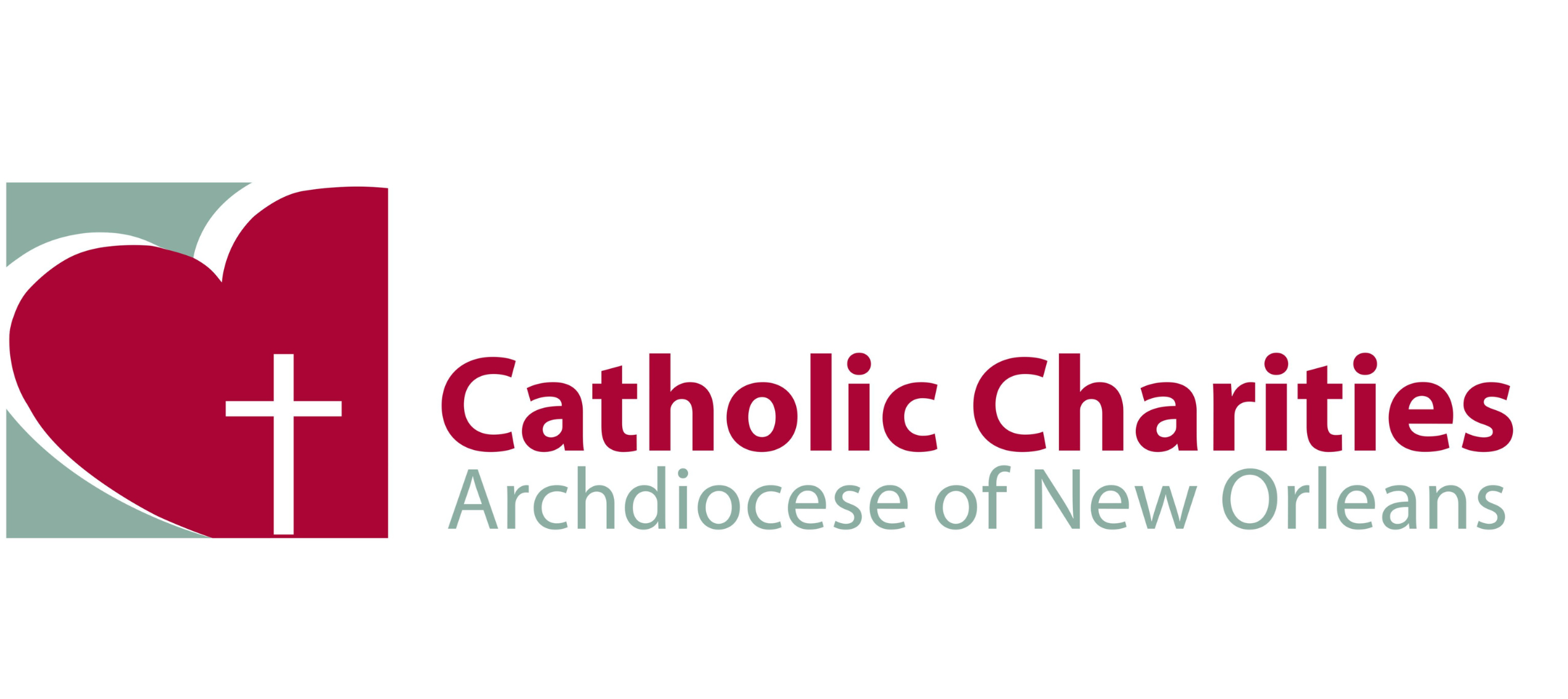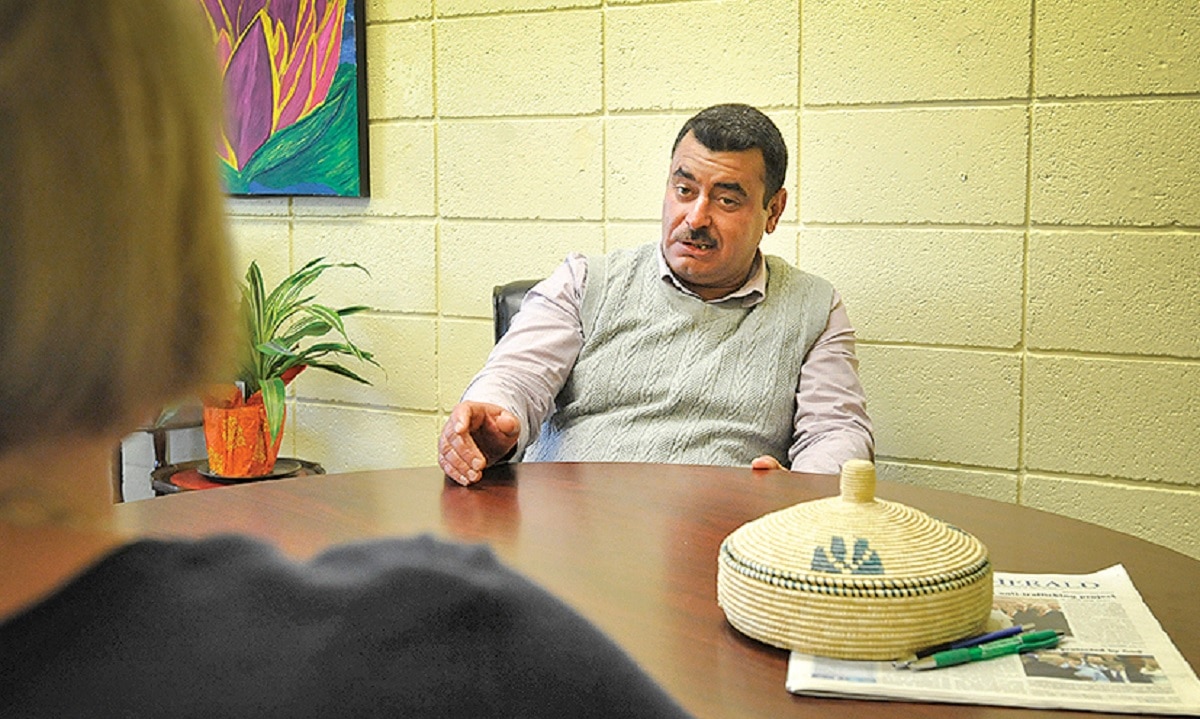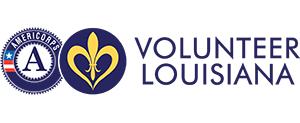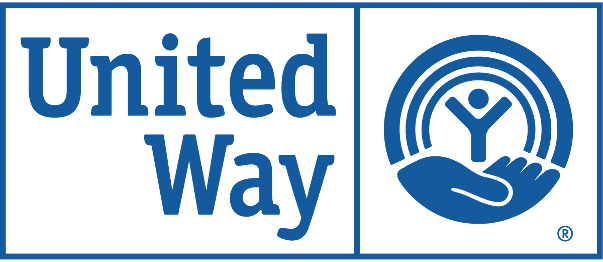February 22, 2017 – Peter Finney, Jr.
Ihssan Sharbar, 38, a native of Iraq, usually gets a surprise and a quiz every day when his two sons, Saif, a 9-year-old third grader, and Zaid, a 7-year-old first grader, come home from school. The man who risked his life serving as an Arabic-English interpreter for the U.S. Marines during the Iraq War for four years speaks incredibly fluent English, but Saif and Zaid are discovering adjectives and nouns he has never heard of.
“You can tell I’m not perfect,” Sharbar said, smiling. “They are saying words I don’t understand, and I always ask them what that means, and they explain. They are just like any other American kids.”
Not much has come easily for Sharbar and his family. For the four years he interpreted for the Marines during the Iraq War, he found himself in near-death experiences, either from roadside IEDs or at checkpoints set up on the desolate roads that he needed to take to make the 300-kilometer trip from the base where he was stationed to visit his family in Najaf on his monthly leave.
“Sometimes, it was hard for me to understand what was going on,” Sharbar said. “People in the southern part of Iraq were hunting anyone down who was working with the U.S.,” Sharbar said. “We couldn’t trust them, even the Iraqi Army. If you went to your house on your days off, you had to be very careful because of the militias. Sometimes they would set up fake checkpoints all along the way in order to hunt one of us down. Sometimes we didn’t take the four days leave because it was very dangerous.”
Two of Sharbar’s best friends, also interpreters, were tracked down in their homes and killed.
By 2009, Sharbar weighed the risks as too great for his family and sought to immigrate to the U.S. At first he heard of a special immigrant visa program, but that would have required his wife and small son to say begin in Iraq for at least six months until they could travel to America.
Then he found out about another program that would permit his family to leave together but would require a 10-month vetting process. Sharbar and his wife were separately interviewed for hours by officials at the U.S. embassy in Baghdad. They supplied personal documents and medical records. If there had been any discrepancies in their stories, they would have been forced to start the process over.
On May 5, 2009, Sharbar, his wife and little Saif flew to the U.S. to start a new life, one that after several years working the overnight shift at a New Orleans gas station has led to a job with Catholic Charities Archdiocese of New Orleans as an interpreter and case aide, with responsibilities for helping other refugees get settled in a strange land.
In September 2014, Sharbar became a U.S. citizen.
“It was one of the best days of my life,” he said. “When I did the oath, they gave me a little certificate that, such and such, I was an American citizen. The person who gave me the certificate gave a very nice speech. He said they don’t want us to forget our culture; they want us to enrich the American culture with our culture, which I really liked.”
Sharbar was toiling at the gas station for years, struggling with having to ward off customers who were either drugged up or drunk. He only found out about the Catholic Charities job when his wife, who had failed the English part of her citizenship application, went to Catholic Charities for ESL classes and saw a help-wanted poster for interpreters.
Sharbar applied and got the job. Now, Sharbar sees himself in the people he greets across the desk.
“All these thoughts are in their heads, just like they were in my head,” Sharbar said. “I try to tell them, ‘Don’t worry about tomorrow; everything’s going to be OK. We’re not going to leave you until you can stand on your feet. Believe me, I was in the same situation, and, now, look at me. If I can do it, you can do it.'”
In addition to perfecting his English, Sharbar is also trying to pick up Spanish because he interacts with so many Latino immigrants.
“I’m really trying to do that – ‘poquito’ – which means a very little bit,” Sharbar said.
Sharbar says the government’s vetting process of refugees is very effective, and he wishes more Americans could understand that.
“We as Arabs, as Muslims, are very hard-working people, just like any other human beings,” he said. “We really do care for our families and our country.”
Saif and Zaid are Americans now, not foreigners, he said.
Each has earned a Student of the Month certificate. And then they go home and teach their parents what lagniappe means.
Read the original Clarion Herald story.






